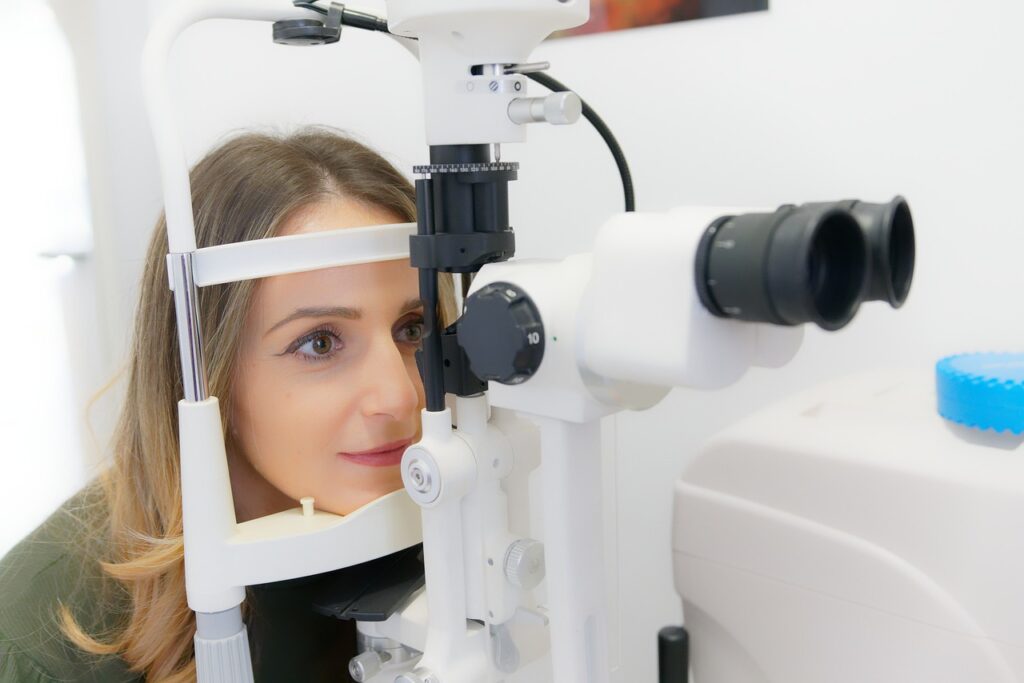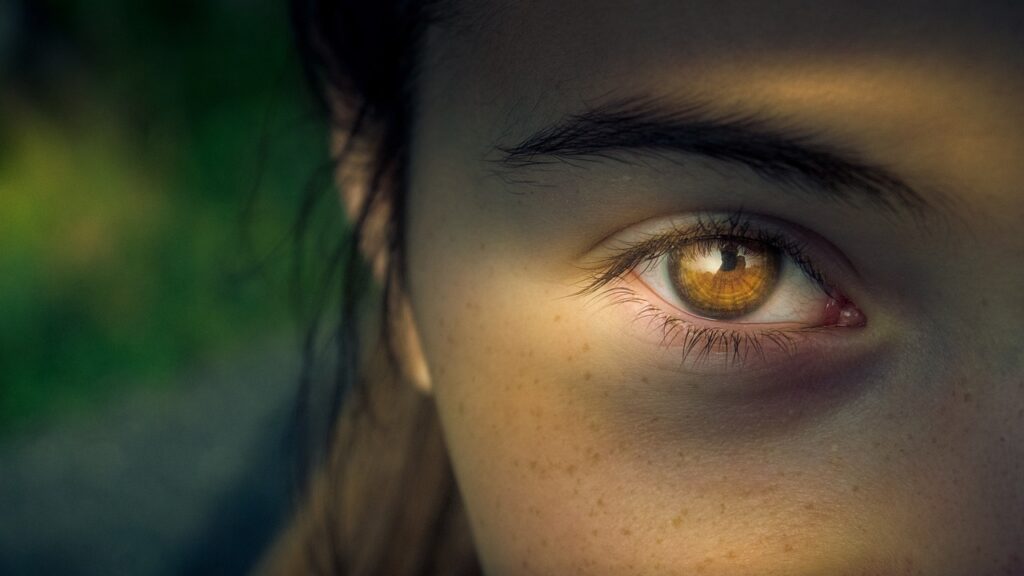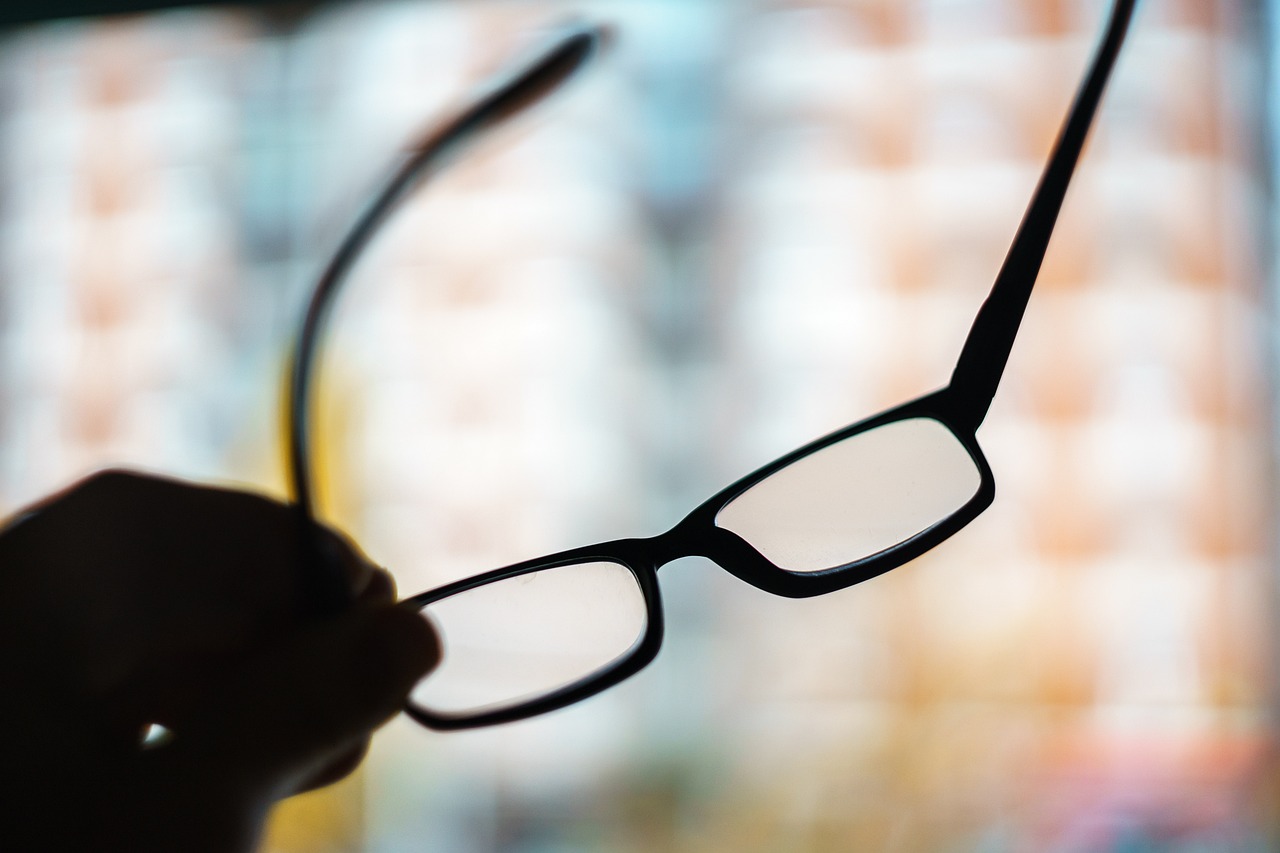Carrots for eyesight have long been believed to improve vision, especially in low light. But is there any truth to this common myth that carrots can help you see in the dark? While carrots are indeed beneficial for your eyes, the idea that they specifically improve night vision is more complicated than you might think. If you’re struggling with night vision despite eating healthy, it may be time to consider other factors, such as the need for eyeglasses or a visit to an eye care professional. Let’s take a deep dive into the real connection between carrots for eyesight and their impact on vision, particularly in low-light conditions.
The Nutrients in Carrots and Their Role in Eye Health
Carrots are packed with essential nutrients, particularly beta-carotene, a type of Vitamin A. This nutrient is what gives carrots their bright orange color and plays a crucial role in maintaining healthy vision. Beta-carotene is converted into vitamin A in the body, which is vital for the retina, the part of your eye that helps you see.
Vitamin A supports the production of rod cells in the retina, which are responsible for vision in dim light. This is why people often associate carrots with improved eyesight, especially in low light or during the night. However, it’s important to note that while carrots can help maintain healthy eyes and even help prevent night blindness, they are not a magical solution for seeing in the dark.
If you are experiencing difficulty seeing at night, it could be due to a deficiency in Vitamin A or other underlying health conditions such as astigmatism or even tired eyes with headache. Carrots may contribute to healthy eye function, but they won’t work miracles if you have an existing eye condition.

Carrots and Their Role in Preventing Night Blindness
Night blindness, also known as nyctalopia, is the inability to see well in low light or darkness. This condition can occur when the retina doesn’t produce enough rhodopsin, the pigment that allows the retina to function in low-light conditions.
Vitamin A deficiency is one of the leading causes of night blindness, and this is where carrots can play a role. By providing a good source of beta-carotene, carrots can help replenish your Vitamin A levels, supporting the production of rhodopsin and helping your eyes adapt better to the dark. However, it’s important to remember that while carrots can help prevent night blindness, they won’t reverse damage caused by conditions such as astigmatism or short-sightedness.
For individuals experiencing persistent night vision problems, it’s always a good idea to consult an optometrist doctor. They can offer solutions such as night driving glasses or recommend other interventions to help improve vision in low-light conditions.

More Than Just Carrots: A Balanced Diet for Better Eye Health
While carrots are a great source of Vitamin A, they are not the only food that can benefit your eyesight. In fact, a healthy, balanced diet rich in various vitamins and minerals is essential for optimal eye health.
For instance, blue light glasses are becoming increasingly popular due to their ability to filter out harmful blue light emitted from screens, which can strain your eyes and negatively affect your vision. Foods like spinach, kale, and other leafy greens are high in lutein and zeaxanthin, two antioxidants that help protect the retina and reduce the risk of cataracts and age-related macular degeneration.
Additionally, sunglasses protection from the sun is crucial for maintaining eye health. UV radiation can cause long-term damage to your eyes, leading to conditions such as cataracts. So, in addition to eating carrots, wearing sunglasses to prevent UV exposure is another important step in keeping your eyes healthy.

The Bottom Line: Can Carrots Improve Your Night Vision?
So, do carrots actually help you see better in the dark? The short answer is: they can help, but not in the way most people think. Carrots provide Vitamin A, which is essential for overall eye health, and they can certainly help prevent conditions like night blindness. However, if you’re already experiencing difficulty seeing in the dark, carrots alone won’t solve the problem.
If you find yourself struggling with night vision, it could be a sign of underlying issues, such as astigmatism or even more serious conditions like macular degeneration. In such cases, it’s important to consult an eye care professional who can recommend the best solution for your specific needs.
While adding carrots to your diet is beneficial for your eyes, it’s also essential to take a holistic approach to eye health. This means maintaining a balanced diet, wearing proper prescription glasses, and protecting your eyes from harmful light sources like screens and UV rays.
Keep Your Eyes Healthy with a Comprehensive Approach
In conclusion, while carrots are a great addition to your diet and can support your overall eye health, they are not a cure-all for seeing in the dark. They provide the nutrients your eyes need, especially beta-carotene, which helps with Vitamin A production and supports healthy retina function. However, if you are experiencing significant issues with night vision, it’s important to seek professional help.
Are you experiencing issues with your night vision or other aspects of your eyesight? Leave a comment below with your experiences, and let’s discuss the best ways to keep our eyes healthy. For more tips and eye care solutions, be sure to visit our website at https://optics4less.com/.

